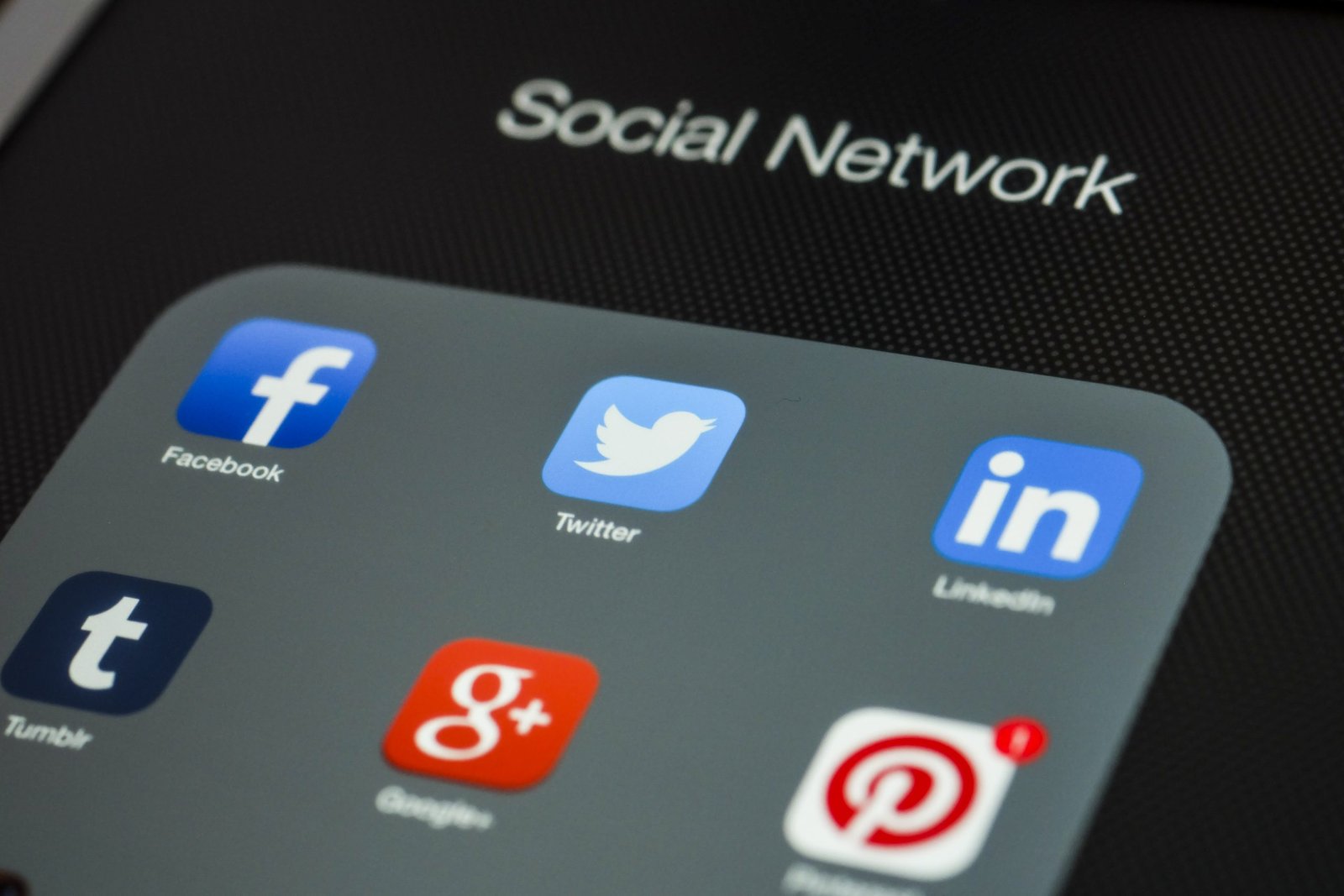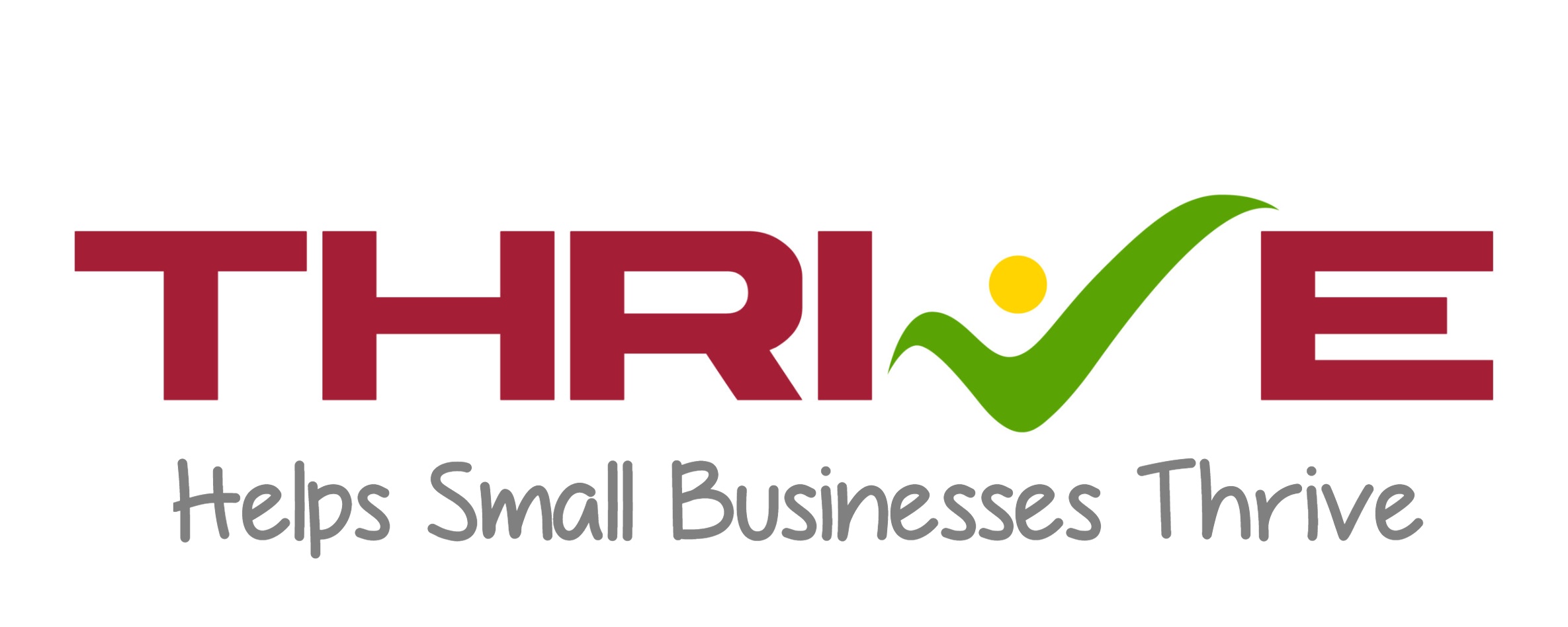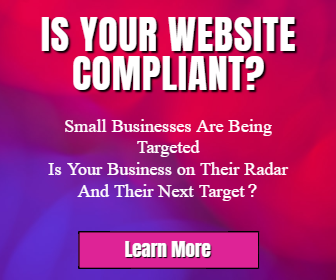Social media marketing has become an essential part of any business’s digital strategy. With billions of people using social media platforms like Facebook, Twitter, and LinkedIn, it provides a vast opportunity to reach potential customers and grow your brand. But with so many options available, which platform should you choose for your business? In this blog post, we will explore each platform in detail and help you decide which one is best suited for your needs.
Introduction to Social Media Marketing
Social media marketing involves promoting your products or services on various social media channels to increase brand awareness, drive traffic to your website, generate leads, and ultimately boost sales. It can be done through organic posts, paid advertising, influencer marketing, or a combination of these strategies. The key to success in social media marketing is understanding your target audience, their preferences, and behavior on different platforms.

The Importance of Influencers in Social Media Marketing
Influencer marketing has become increasingly popular over the years as brands look for ways to engage with their audiences more authentically. An influencer is someone who has established credibility and authority in a particular niche and commands a large following on social media. By partnering with influencers, brands can tap into their audience and promote their products or services in a more natural way. However, choosing the right influencers is crucial to ensure that they align with your brand values and have a genuine interest in what you offer.
Which Social Media Platform is Best for Your Business?
Now let’s take a deep dive into three most popular social media platforms – Facebook, Twitter, and LinkedIn.
1) Facebook: With over two billion monthly active users, Facebook is still the largest social network worldwide. It offers extensive targeting options, allowing you to reach specific demographics based on age, gender, location, interests, behaviors, and more. Facebook also allows you to create custom audiences based on your email list, customer data, or website visitors. You can use Facebook to share updates about your business, run ad campaigns, host Q&A sessions, and engage with your followers through comments and messages.
2) Twitter: Twitter is known for its short-form content and real-time conversations. It has around 300 million monthly active users and is particularly popular among news junkies, politicians, and celebrities. Twitter allows you to post tweets up to 280 characters long, including images, videos, polls, and links. It’s an excellent platform for building relationships with your customers, responding to queries promptly, and sharing breaking news or industry insights.
3) LinkedIn: LinkedIn is a professional networking site that caters primarily to B2B companies. It has over 675 million members globally and is ideal for connecting with decision-makers, thought leaders, and professionals in your industry. On LinkedIn, you can publish articles, participate in discussions, join groups, and showcase your company’s achievements. Unlike other social networks, LinkedIn emphasizes quality over quantity when it comes to connections, making it easier to build meaningful relationships with your target audience.
Other Social Media Platforms to Consider for Your Business
There are several other social media platforms worth considering depending on your industry and target audience. Some examples include:
1) Instagram: A visual-based platform used by over one billion people worldwide, Instagram is great for businesses that rely heavily on imagery such as fashion, beauty, food, travel, and lifestyle.

2) YouTube: A video-sharing platform with over two billion monthly active users, YouTube is perfect for businesses looking to create tutorials, product reviews, how-to guides, and other informative content.
3) Pinterest: A pinboard-style platform where users save ideas and inspiration, Pinterest is ideal for businesses selling home decor, fashion, craft supplies, and other visually appealing products.
4) Snapchat: A messaging app popular among teens and young adults, Snapchat is great for businesses trying to reach a younger demographic.
Conclusion
Choosing the right social media platform depends on your business goals, target audience, budget, resources, and expertise. While Facebook, Twitter, and LinkedIn remain some of the most significant players in the game, there are plenty of other platforms out there worth exploring. Remember to tailor your approach to each platform, understand your audience’s behavior, and measure your results regularly to optimize your social media marketing efforts.





